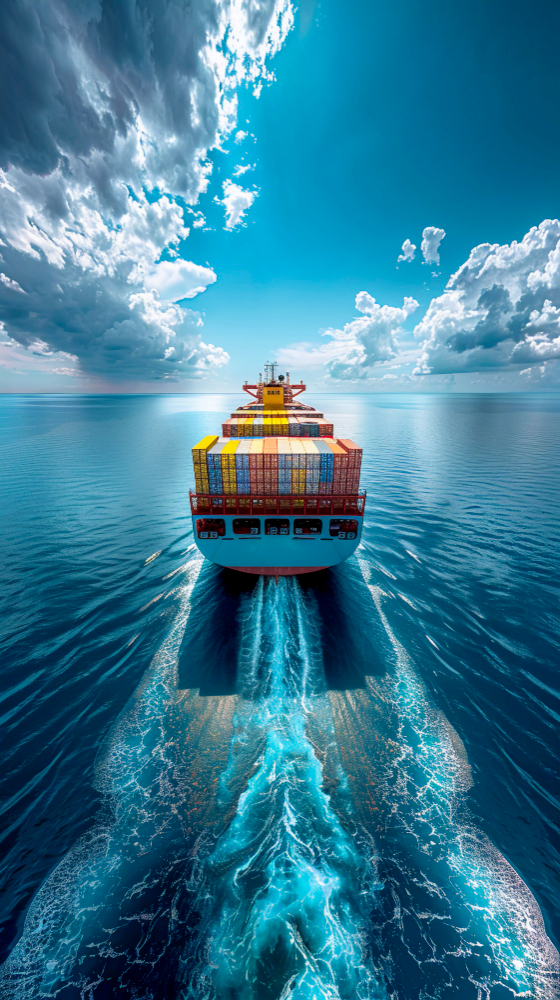For those who operate in the shipping and logistics industries in Dubai and UAE in particular, proper tracking of cargo containers is crucial. Freight containment allows timely and safe shipping of the cargo as well as in organizing stocks and supplies. This complete reference focuses on cargo container tracking, ranging from its importance, to methods, to best practices within the Dubai context. It highlights why container tracking is crucial, how one can accomplish it, and what is the best procedure to follow.

Importance of Container Tracking in Dubai, UAE
Container tracking remains a critical element in the shipping and logistics industry within Dubai for the following reasons. First of all, it can offer opportunities for constant observation of the cargo transportation process and better control of the chain. This helps to reduce the likelihood of the products getting stolen, destroyed or getting lost while on transit. Further, good container tracking positively impacts operations through cost reduction, efficient management, and timely delivery of the shipment to the customer.
Methods of Container Tracking
That way there are multiple methods of tracking of the shipper’s containers in Dubai. As indicated above, each of the approaches has its advantages and disadvantages:
GPS Monitoring: GPS tracking uses satellite technology to track a container’s whereabouts in real-time. This technique gives enterprises precise and trustworthy location data, enabling them to keep an eye on the whereabouts of their Cargo containers at all times.
RFID Implementation: Radio waves are used by Radio Frequency Identification (RFID) technology to identify and track containers. Cargo Containers are equipped with RFID tags, which transmit data to a central database for real-time container tracking and visibility.
Barcoding: Containers are marked with distinct barcodes by barcoding, allowing their movement to be tracked by scanning the codes at different checkpoints. Barcoding is a cheap container tracking solution, but it cannot give you real-time visibility.
Best Practices for Container Tracking in Dubai, UAE
For optimal container tracking in Dubai, United Arab Emirates, companies should follow these recommended guidelines: For optimal container tracking in Dubai, United Arab Emirates, companies should follow these recommended guidelines:
Invest on advanced tracking technologies such as Global Positioning System (GPS) and Radio Frequency Identification (RFID) for real-time monitoring of the containers.
Design a tracker that pulls data from different systems altogether in order to achieve comprehensive tracking.
Pursue the accurate and consistent functioning of tracking hardware and software by updating and servicing them.
Organize regular direct communication with the shipping partners and other related interested parties to enhance an efficient tracking and coordination of the shipping.
Conclusion
A key component of efficient shipping and logistics operations in Dubai, United Arab Emirates, is effective cargo container tracking. Businesses may reduce risks, optimize supply chain operations, and provide outstanding customer service by utilizing modern container tracking technologies and best practices. Investing in container tracking helps firms develop and succeed overall in the demanding market of Dubai, United Arab Emirates, in addition to improving operational efficiency.
Finally, for companies in Dubai, and the United Arab Emirates, cargo container tracking is not just a need but also a competitive advantage. Businesses can keep ahead of the curve and guarantee the smooth transit of products across Dubai’s busy ports by putting an emphasis on effective tracking techniques and embracing advances in technology.

